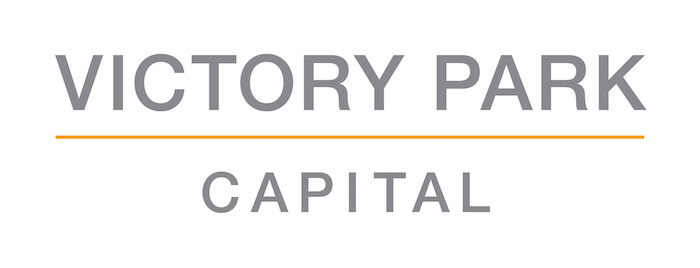
Behind the Scenes: How AI is Quietly Transforming the Legal Client Experience
The following was contributed by Richard Culberson, the CEO North America of Moneypenny, the world’s customer conversation experts, specializing in call answering and live chat solutions.
When people think about the legal client experience, they often picture what happens in the courtroom or during a critical client meeting. But increasingly, the most meaningful changes to how law firms, legal service providers and legal funders support their clients are happening out of sight, thanks to the power of artificial intelligence (AI). Whether it’s client intake, communication routing, or managing complex caseloads and funding relationships, AI is reshaping the way legal teams deliver service behind the scenes.
Across America, firms in all industries are turning to AI to enhance their people. The goal is simple: deliver faster, more personalized, and more efficient service. And when done right, the difference is both quiet and powerful.
At Moneypenny, we work with thousands of legal professionals every day, from solo attorneys to large firms and legal funders, helping them manage customer conversations and deliver great client service. We’ve seen firsthand how AI, when applied with care and purpose, can reshape the client experience from the inside out.
Easy Access to the Right Information
In any busy legal setting, timing is everything. Whether it’s a client call, intake conversation, or case status update, having instant access to accurate information is key. That’s where AI comes in. It can surface the right details in real time so teams can respond quickly and confidently.
Take legal funders, for example, they often need to assess case viability quickly, AI tools can instantly surface key case milestones, funding eligibility criteria, and prior correspondence to accelerate decision-making and reduce friction.
Smarter Call and Message Routing
Any business fields a wide range of calls and messages in a day, and not every inquiry belongs on the same desk. AI can now analyze keywords, tone, and context to route communication to the right person, and it does it automatically.
That means clients reach the right person faster, and your team spends less time untangling misdirected messages. In an industry where responsiveness matters, this kind of behind-the-scenes efficiency is a real win.
Getting Ahead of Client Needs
What’s more, AI doesn’t just react, it can anticipate too. By looking at past interactions and analyzing the data, it can identify patterns and flag issues before they arise.
Let’s say a client regularly asks about timelines or paperwork. AI can flag repetitive requests for status updates from claimant attorneys or co-counsel, prompting automated reporting or scheduled updates to improve transparency and communication between parties. This level of attentiveness not only reduces frustration but also builds trust and reassures clients, something especially valuable in the high-pressure, high-emotion legal industry.
Seamless Experience Across Channels
Today’s clients want to communicate on their own terms, whether that’s by phone, email, live chat, or text. And they expect consistency, no matter the channel. AI can help to make that happen.
By bringing together data from multiple sources, AI ensures that whoever answers the phone or replies to a message (whether that is call one or message five) has the full context. The result is that clients feel heard and known, not like they’re starting over every time, and it is that kind of continuity that can turn a routine exchange into a relationship.
Real-Time Support for Your Team
Think of AI as a digital assistant, offering prompts, surfacing information, and making sure the person handling the call or message has exactly what they need. It is helping people deliver their best work.
At Moneypenny, our AI tools support our legal receptionists during conversations, pulling up relevant details, suggesting next steps, and helping maintain a personalized touch even during peak periods. It’s about helping good people be even better at what they do.
Scaling the Personal Touch
There’s a common misconception that AI makes things feel impersonal or robotic. But when it’s used well, it actually allows businesses to be more personal, and at scale. Imagine being able to greet every client by name, remember their preferences, and respond in a way that feels tailored, even when your team is managing thousands of interactions. That’s what we aim to deliver every day. And AI makes it possible.
For legal funders juggling a portfolio of diverse cases and law firm partners, AI can ensure consistency in tone, terminology, and updates so that funders can maintain an attentive, personalized service level without scaling up staff headcount.
The Big Picture: Human + AI = A Better Experience
Whether you’re running a law firm, operating a litigation finance business, or managing client services across the legal ecosystem, one thing is clear: clients want service that’s fast, accurate, relevant and personal. AI helps make that happen, by enhancing the human touch.
The real transformation isn’t just happening in space that the client sees but in the systems behind the scenes that power that experience. For leaders across legal industry and beyond, the takeaway is this: the future of service isn’t just about upgrading the visible. It’s about building smarter, more supportive systems that let your people do what they do best.
That’s where AI delivers its real value and where the real competitive edge lies.


























